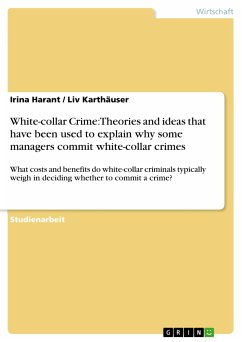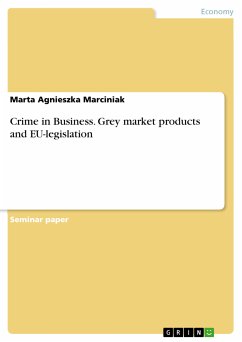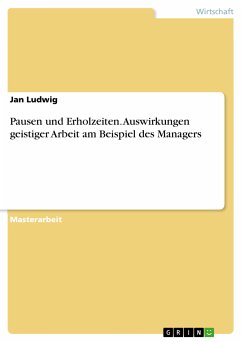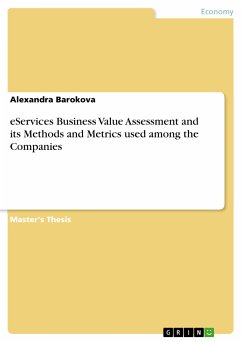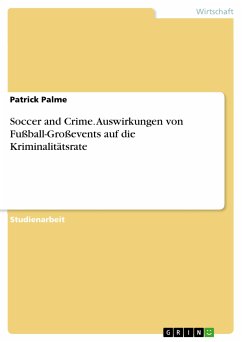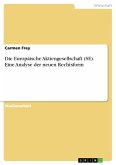Studienarbeit aus dem Jahr 2011 im Fachbereich BWL - Recht, Note: 1,0, Universität Siegen, Sprache: Deutsch, Abstract: 1 Introduction Criminal managers cause damage amounting to billions of dollars due to fraud,espionage, manipulated balance sheets. With a view to the huge economic damage, White-collar Crime is a highly charged issue. The financial loss amounted approximately 5, 57 billions of euros per enterprise, resulting from a study of the auditing company PricewaterhouseCoopers (PWC). In addition to the great financial damages, there are also non-material damages for instance loss of image and decrease of work ethics.1 Here, the question arises why in spite of the economic importance there is simply few scientific knowledge to explain the motivation of the offenders. To this day,there is neither a unified definition of White-collar Crime nor a special generally accepted theory to explain this kind of crime. Even the fundamental questions „„Why?”, „Why do people commit crime?”, „Why do others conform?””2, remain unanswered. It is our intension to work out whether there is a theory to „decipher the phenomenon” of White-collar Crime. 1 Vgl. Nestler / Salvenmoser / Bussmann (2009) S.11ff. 2 Brown/ Esbensen/ Geis (2010) S.134
Bitte wählen Sie Ihr Anliegen aus.
Rechnungen
Retourenschein anfordern
Bestellstatus
Storno



